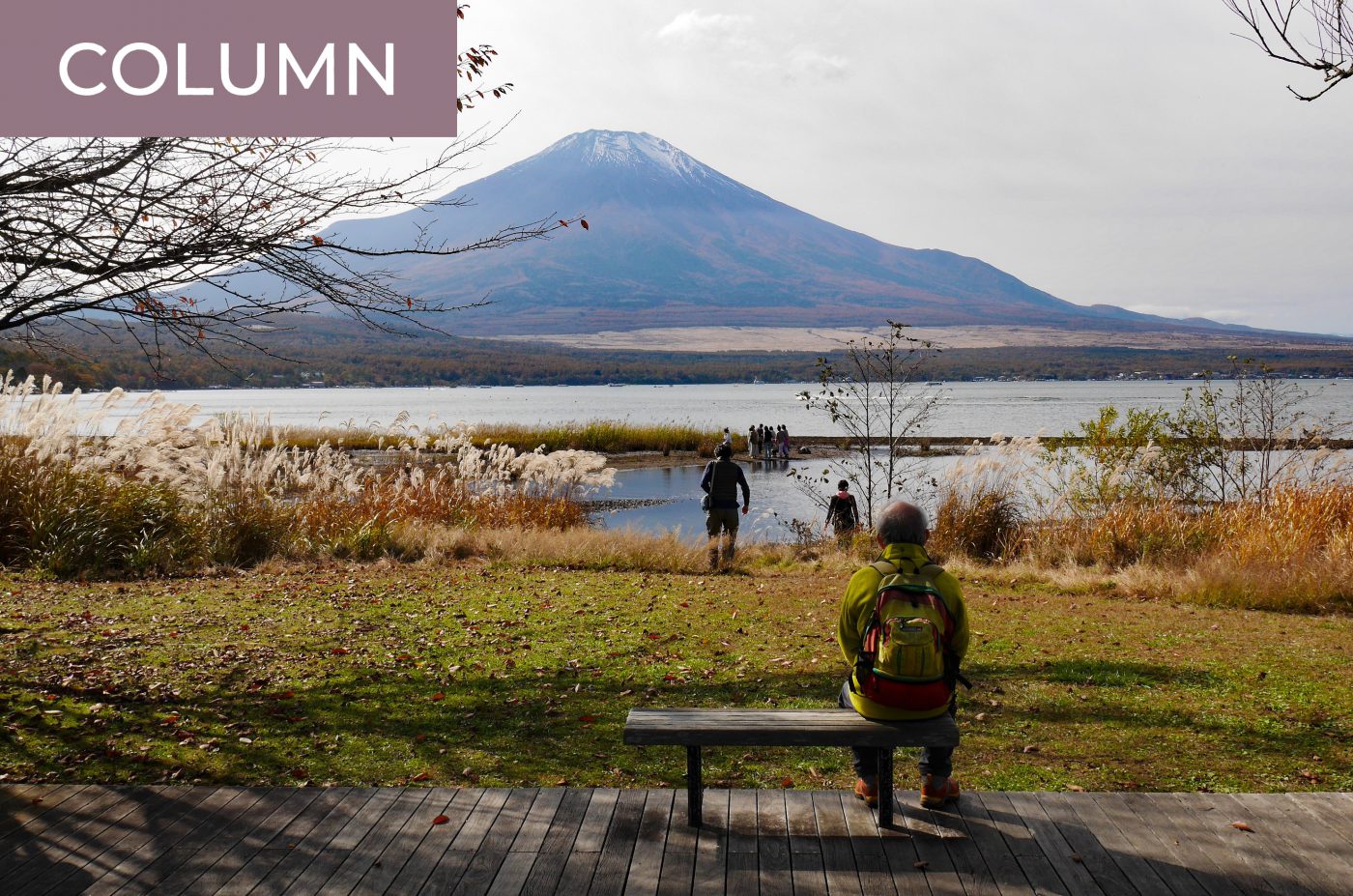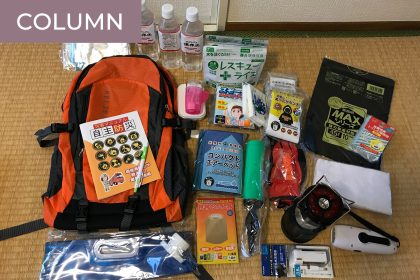This time last year, I was in the middle of a whirlwind U.S. tour, working nomadically, while celebrating the holidays with my family and friends in Washington D.C., Nevada, and California. Upon returning to Tokyo in early January, I couldn’t fathom what 2020 would have in store for Japan and the rest of the world.
Obviously, the holidays are different this year. Even though it is finally possible for many foreign residents to travel to and from Japan, safety and bureaucratic red tape, on both sides of the Pacific Ocean, remain issues of concern. With my wings clipped and holiday season priorities shifted, I find myself reflecting on this uninterrupted year in Japan. In this article, I’ll share a few things that I’ve observed and learned as a foreign resident in Japan in 2020.
What I Learned about Japan
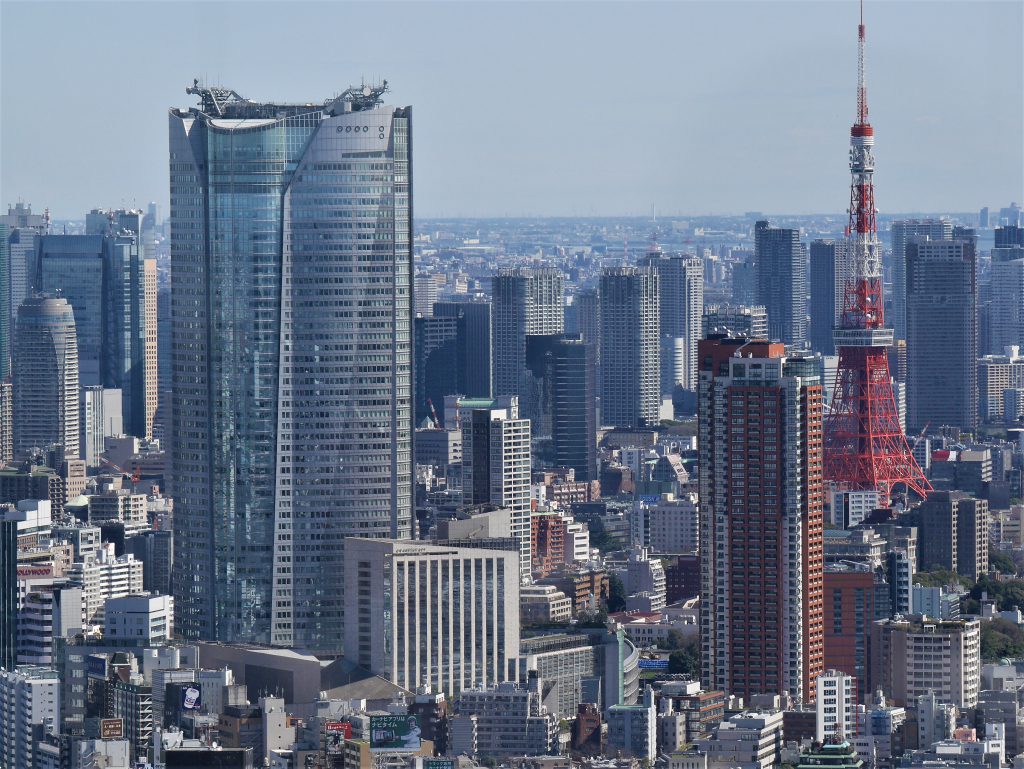
When the Need Is Clear, Japanese Society Can Change Quickly
Japanese society has a reputation for being slow to change (cue the jokes and commentary about fax machines, hanko (personal seal) use, and internationalization). However, as I explained in this podcast episode, 2020 was a reminder that when the need is apparent and pressing, Japanese society can change at a moment’s notice. Although trust in the government has been declining over the years, the collective value Japanese society places on the common good remains, and this was on display in spades in 2020.
Once the Covid-19 situation became serious enough for the government to declare a state of emergency in April, I watched in awe as life in Japan changed radically over the span of a single weekend. Companies that staunchly resisted teleworking scrambled to enable their employees to work at home. The entire concept of rush hour and the infamous crowded trains that come with it instantly became figments of the past. And of course, the use of masks skyrocketed. Businesses that could remain open during the state of emergency rapidly adopted safety measures such as partitions and sanitization measures.
The Covid-19-inspired shift to remote work even prompted the previously unimaginable act of putting the hanko on the endangered species list. In my nearly 12 years of living and working in Japan, I had never experienced a societal shift occur this quickly. However, as I write this in December 2020, I have my doubts that all of these changes will remain.
Change Can Swing Like a Pendulum
After the country emerged from the state of emergency in May, we learned to live with the virus. People could enjoy restaurants, gyms, movie theaters, and limited in-person events with safety protocols in place. By mid-summer the government attempted to prop up the economy by encouraging and subsidizing domestic travel. We were basically “free to move about the cabin” as long as we wore masks. Unfortunately, this created a false sense of security, and the pendulum of change swung the other direction, just in time to collide with the second and third waves of Covid-19 cases.
At the time of this writing, the most significant societal changes that occurred in the beginning of the year are being undone. Popular shops and restaurants are filled to the brim with people. Government safety guidelines recommend the use of masks and the avoidance of the “Three Cs” (closed spaces, crowded places, and close-contact settings). However, only the mask recommendation seems to resonate here in Tokyo. To be fair, Tokyo’s population density, infrastructure, and overall lifestyle make it impossible to mind the Three Cs for an extended period of time (without economic collapse, at least).
Trains and train stations are bustling as the nation’s workers find themselves once again shuffling to and from their offices. According to Bloomberg, at least one major real estate investor is willing to bet billions that Japan’s pendulum of change will complete its back swing.
What I Learned about Myself
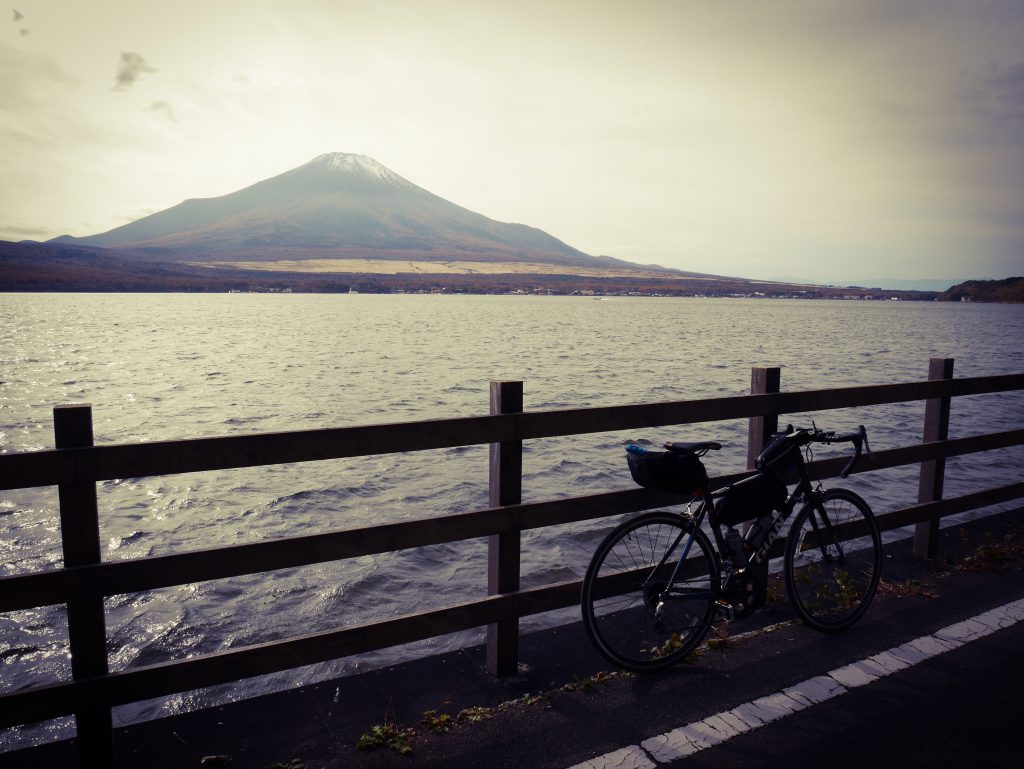
Living through this back-and-forth change was an intense test of my ability to adapt. As a fitness fan, I couldn’t let the pandemic threaten my health any more than it already did by its mere existence. So when gyms throughout the country closed, I took the opportunity to finally get into kettlebell workouts at home–something that I had been curious about for the past few years. Even though gyms have reopened (for the time being) I have yet to return.
When it comes to domestic travel, a passion (and former source of income), I turned inward toward my immediate surroundings by exploring Tokyo and its neighboring prefectures by bicycle. Eventually I began to average 80 to 100 kilometers a week, culminating in a ride to the base of Mt. Fuji and back in late October. Truly getting to know Tokyo, Saitama, Kanagawa, and Chiba, up close and personal, neighborhood by neighborhood, has been a fascinating experience.
My work, as with everything else, also demanded that I adapt. In order to support my clients through these challenging times, I needed to write about a wider range of topics (e.g. crisis communications) and learn how to effectively deliver my seminars online. I had to develop new skills and sharpen existing ones. The pandemic ushered in a podcasting boom, and fortunately, this gave me a few wonderful opportunities to share my story and work with wider audiences.
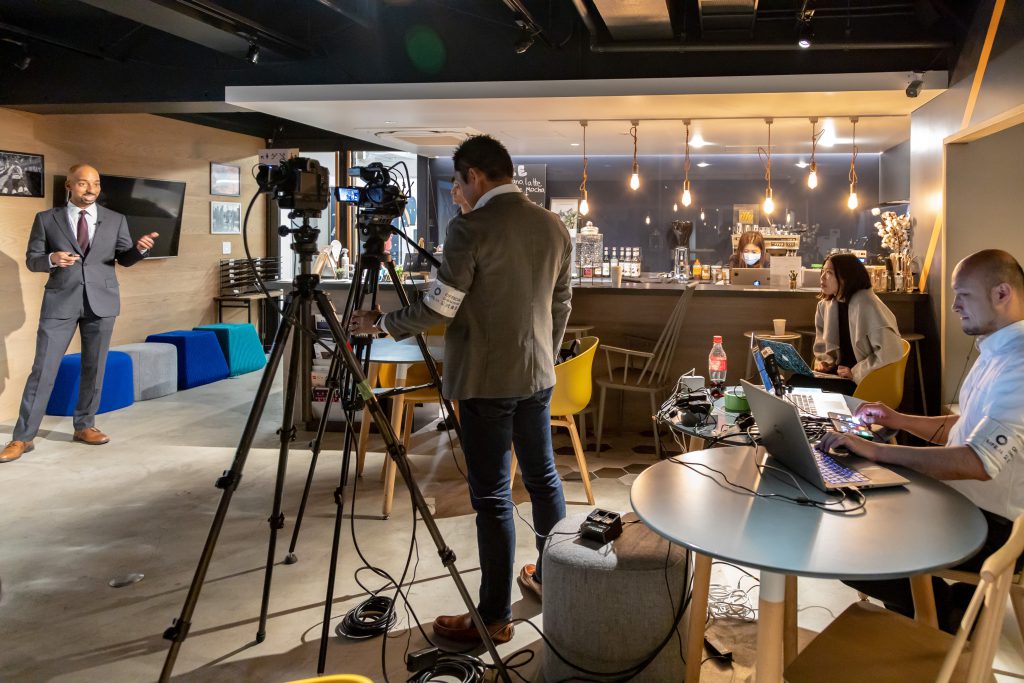
Perhaps the biggest professional change involves the brand that headlines this article. The transition of this website from the travel-focused Tadaima Japan to the culture-focused Kokoro Media brand has challenged me to infuse more personal stories into my writing. I’m grateful to the team at combrains for granting me this opportunity to grow and step out of my comfort zone.
Final Thoughts: Be Like Bamboo
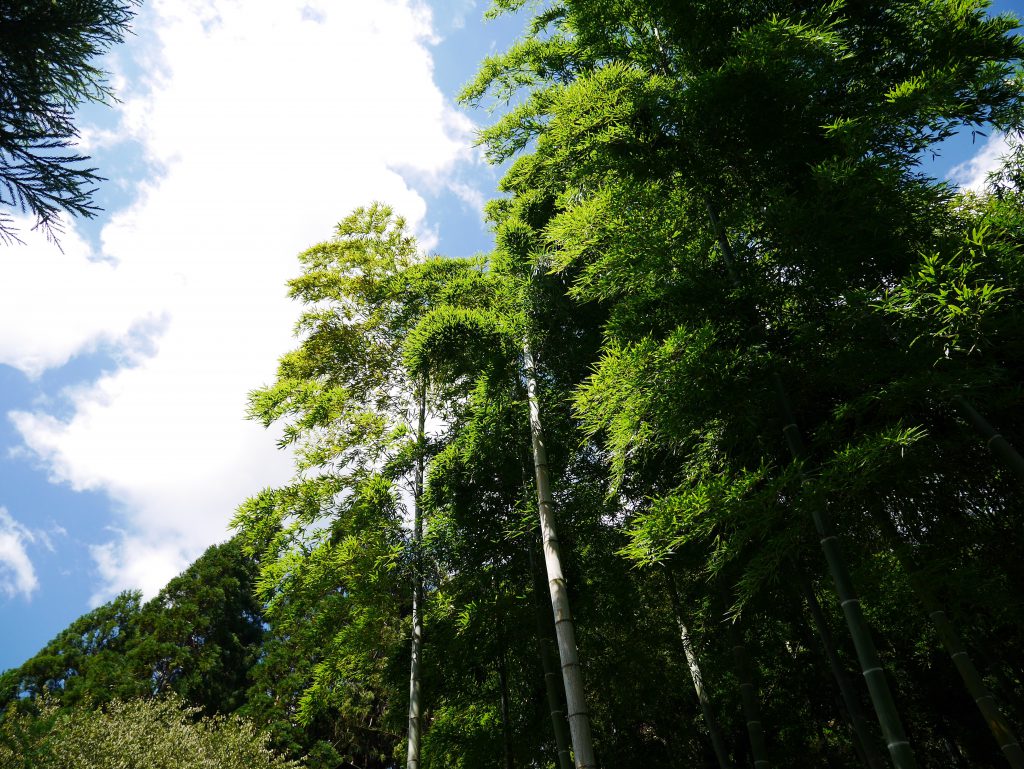
So what does all of this mean? My musing represents a mere sliver of the impact that 2020 has had on the world. However, sometimes a sliver is all it takes to spark contemplation on some of life’s most important lessons.
Japan in 2020 was a stark reminder of the famous quote attributed to the Greek philosopher, Heraclitus: “Change is the only constant in life.” How do we deal with a life of constant change? One answer can be found in the sage advice of Garr Reynolds, author of Presentation Zen: “Be like bamboo… Bend but don’t break.”

